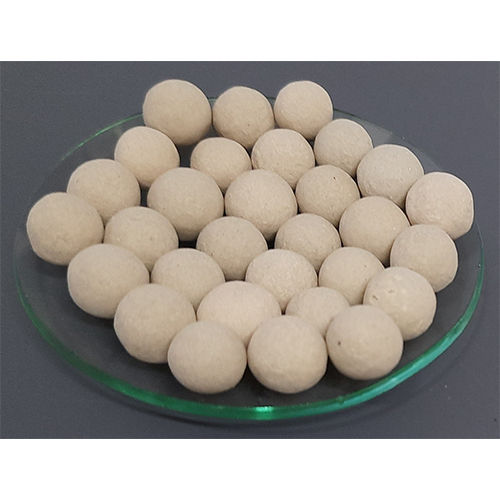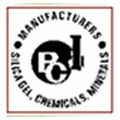
Inert Ceramic Balls
Product Details:
X
Product Description
Inert ceramic balls are solid spheres made from high-quality ceramic materials, such as alumina, zirconia, or silica. These balls have a uniform size and shape, with a smooth surface and high mechanical strength. Inert ceramic balls are chemically inert and resistant to high temperatures, making them ideal for use in applications that require stability and durability.
FAQ:
Q: What are the primary applications of inert ceramic balls?
A: Inert ceramic balls find applications in various industries, including petrochemical, chemical, environmental, and metallurgical. They are commonly used as catalyst support media, adsorbents, column packing materials, and in heat transfer applications.
Q: How are inert ceramic balls used as catalyst support?
A: Inert ceramic balls provide a stable and high surface area support for catalysts in chemical reactions. They enhance the efficiency of catalysts by providing a large contact surface for reactants, improving mass transfer, and maintaining a uniform flow distribution.
Q: What are the advantages of using inert ceramic balls in filtration applications?
A: Inert ceramic balls can be used as a filtration media due to their high porosity and uniform structure. They can efficiently remove solid impurities from fluids and gases, ensuring improved process efficiency and product quality.
Q: Are inert ceramic balls resistant to high temperatures?
A: Yes, inert ceramic balls exhibit excellent thermal stability and can withstand high temperatures without deforming or degrading. They can be used in processes that involve elevated temperatures, such as high-temperature reactions and heat transfer applications.
Q: Are inert ceramic balls chemically inert?
A: Yes, inert ceramic balls are chemically inert and resistant to corrosion. They do not react with most chemicals, making them suitable for use in aggressive chemical environments and applications that require chemical stability.
Enter Buying Requirement Details

